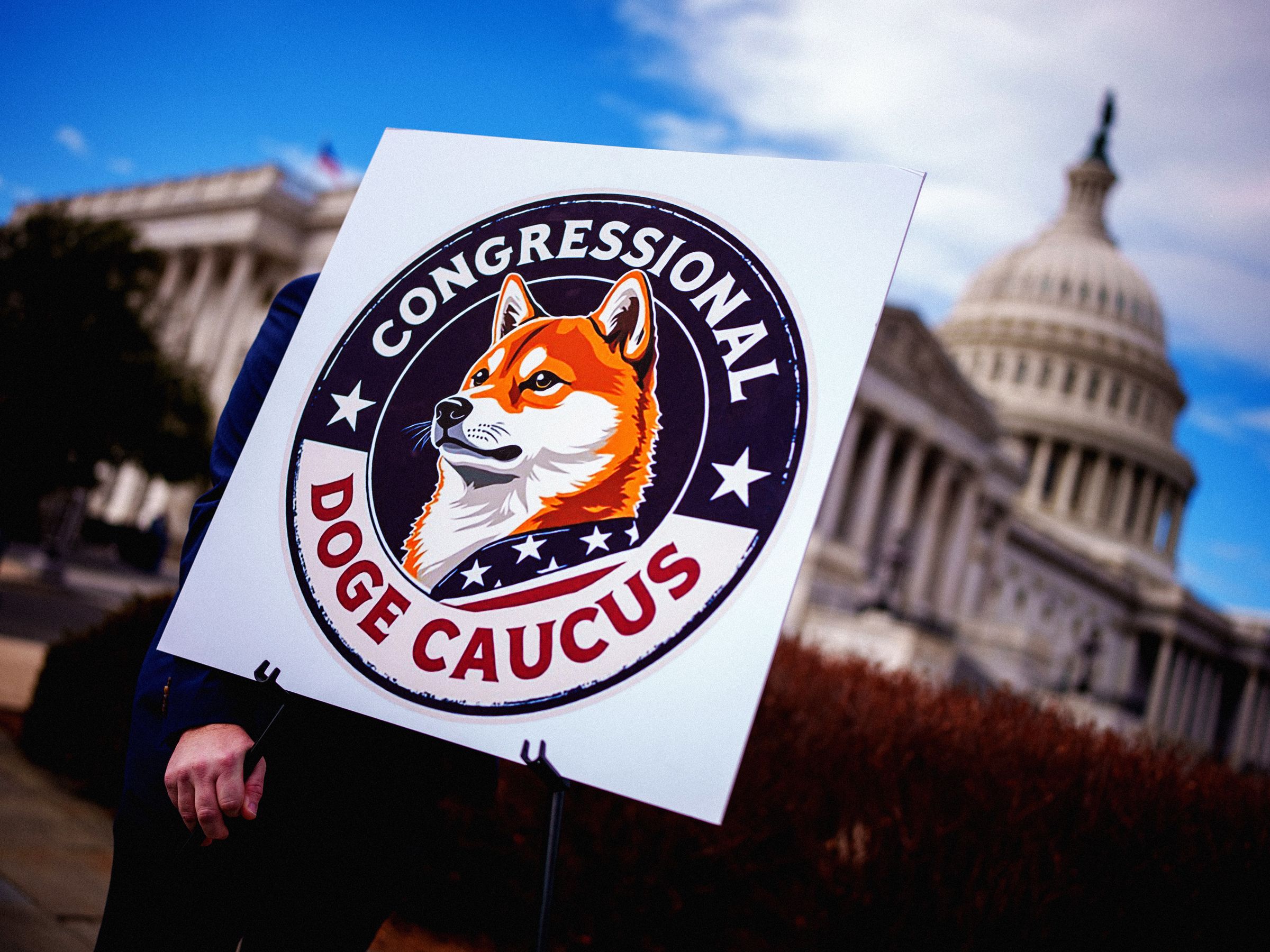DOGE Put a College Student in Charge of Using AI to Rewrite Regulations
DOGE Put a College Student in Charge of Using AI to Rewrite Regulations
Recently, the Department of Government Efficiency (DOGE) made an unconventional decision by putting a college student in charge of using artificial intelligence (AI) to rewrite regulations. This bold move stems from the belief that fresh perspectives and innovative thinking can bring transformative change to outdated systems.
As a young and tech-savvy individual, the college student was tasked with creating a program that could analyze current regulations, identify inefficiencies, and propose more streamlined and effective solutions. The use of AI in regulatory reform is a cutting-edge approach that has the potential to revolutionize how government policies are created and implemented.
Despite initial skepticism, the college student’s project exceeded expectations and yielded impressive results. The AI program was able to identify redundancies, inconsistencies, and gaps in regulations that had previously gone unnoticed. Through data analysis and algorithmic processing, the program could suggest revisions that would optimize the regulatory framework and enhance overall efficiency.
This groundbreaking initiative has sparked interest and excitement within the government sector, with many policymakers and officials eager to explore the possibilities of AI-driven regulatory reform. The success of this collaboration between DOGE and the college student serves as a testament to the power of interdisciplinary collaboration and the value of incorporating fresh perspectives into decision-making processes.
Looking ahead, the integration of AI in regulatory reform promises to unlock new opportunities for greater transparency, accountability, and effectiveness in governance. By harnessing the potential of technology and innovation, policymakers can navigate complex regulatory landscapes with greater agility and precision.
Ultimately, the experiment of putting a college student in charge of using AI to rewrite regulations has proven to be a resounding success. It demonstrates the transformative potential of embracing unconventional approaches and harnessing the power of technology to drive positive change in governance and policy-making.






